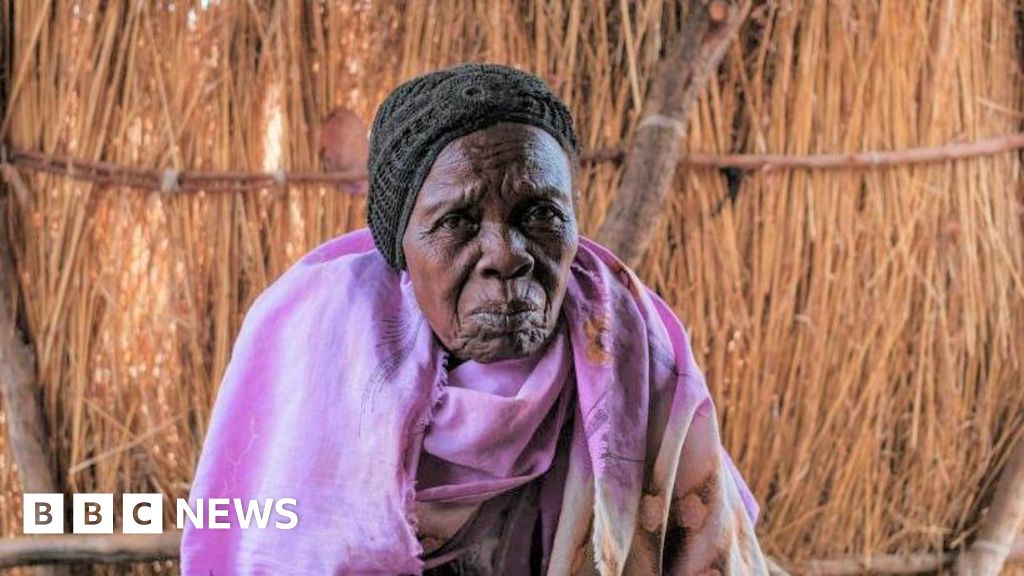Governor of the Central Bank of Nigeria (CBN), Olayemi Cardoso, has emphasised the need to prioritise inflation control as a cornerstone of the nation’s economic strategy.
Speaking Tuesday at the 30th Nigerian Economic Summit in Abuja, Mr Cardoso identified inflation as one of the most pressing challenges facing Nigeria, impacting both households and businesses.
He said that inflation management is essential to stabilising the economy, fostering investment, and protecting the purchasing power of Nigerians, particularly in a period of significant global economic turbulence.
“The monetary side is there to more or less create some stability. But it doesn’t substitute for the fundamentals. It does not. So, we have a situation where, from our perspective, taming inflation is key.
“Taming inflation is key. Because if you do not tame inflation, it has such a major throwback. It can deter investment,” he said, acknowledging the complexity of the task in a country where inflationary pressures are driven by both domestic and external factors.
He also underscored that efforts to curb inflation would inevitably involve economic trade-offs.
The CBN, he explained, is committed to making informed decisions on monetary policy, balancing inflation control with the need to support growth in critical sectors.
Nigerians need credible journalism. Help us report it.
Support journalism driven by facts, created by Nigerians for Nigerians. Our thorough, researched reporting relies on the support of readers like you.
Help us maintain free and accessible news for all with a small donation.
Every contribution guarantees that we can keep delivering important stories —no paywalls, just quality journalism.
However, he cautioned that this approach requires sacrifice, as the country grapples with rising prices, exacerbated by a depreciating naira, subsidy removals, and the aftermath of the pandemic and global supply chain disruptions.
Mr Cardoso also pointed to the need for coordinated fiscal and monetary policy particularly in the context of Nigeria’s high debt servicing costs, which have constrained the government’s ability to stimulate growth.
He emphasised that monetary tightening alone cannot solve the inflation problem, urging fiscal authorities to ensure that government spending is efficient and well-targeted.
The CBN governor’s comments come on the heels of the September 2024 inflation report, which showed a rise to 32.7 per cent, reversing a trend of two months of decline.
He acknowledged the public concerns about rising food and fuel prices but maintained that short-term pain is necessary to achieve long-term price stability.
He stressed that stabilising inflation will create the conditions necessary for sustained growth and job creation, adding that achieving lower inflation is essential to reducing poverty and inequality in the country.
He affirmed the CBN’s commitment to transparency and its openness to working with stakeholders across various sectors to ensure that Nigeria’s economic recovery is not derailed by spiralling inflation.
Women inclusivity
Mr Cardoso also made a strong call for increased women inclusivity in the country’s economic and financial sectors.
He explained the importance of gender diversity, particularly in leadership roles, as a vital component of achieving sustainable growth and development.
Mr Cardoso highlighted the underrepresentation of women in key economic decision-making positions, stressing that greater female participation is not only a moral imperative but also an economic one.
“Empowering women and ensuring their full inclusion in economic activities is crucial for the growth we envision for Nigeria,” he stated.
He argued that the potential of the Nigerian economy cannot be fully realised if half the population is sidelined in critical areas of policy formulation and execution.
He pointed to evidence from global studies that show how businesses and economies perform better when women are included in leadership and decision-making processes.
Mr Cardoso asserted that the CBN is committed to promoting policies that support gender equality, including fostering more inclusive financial services that cater to women entrepreneurs and small business owners, who often face significant barriers in accessing capital and other resources.
READ ALSO: UPDATED: Nigeria’s annual inflation rate rises after two months consecutive fall
The governor acknowledged the progress that has been made in recent years, with more women taking on prominent roles in government, finance, and industry. However, he cautioned that these gains must be expanded to ensure that more women have a seat at the table, particularly in strategic sectors such as banking, energy, and technology.
The governor urged both the public and private sectors to adopt a more proactive approach to promoting women’s involvement in the workforce.
He noted that there is a need to dismantle structural barriers that limit women’s opportunities, including discriminatory practices in hiring, unequal access to education and training, and the lack of supportive policies that help women balance family responsibilities with professional growth.
Support PREMIUM TIMES' journalism of integrity and credibility
At Premium Times, we firmly believe in the importance of high-quality journalism. Recognizing that not everyone can afford costly news subscriptions, we are dedicated to delivering meticulously researched, fact-checked news that remains freely accessible to all.
Whether you turn to Premium Times for daily updates, in-depth investigations into pressing national issues, or entertaining trending stories, we value your readership.
It’s essential to acknowledge that news production incurs expenses, and we take pride in never placing our stories behind a prohibitive paywall.
Would you consider supporting us with a modest contribution on a monthly basis to help maintain our commitment to free, accessible news?
TEXT AD: Call Willie - +2348098788999

















 English (US) ·
English (US) ·